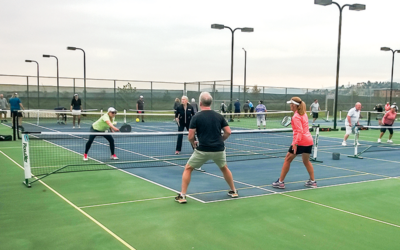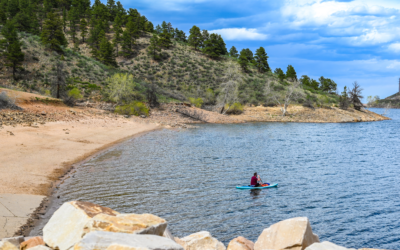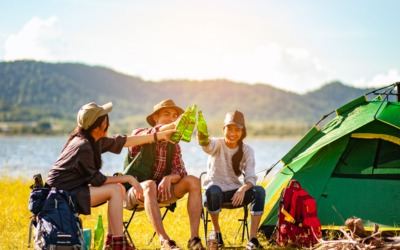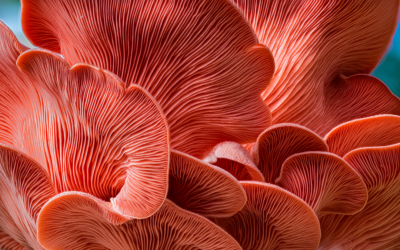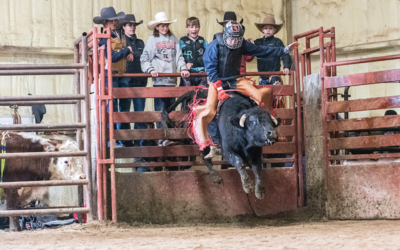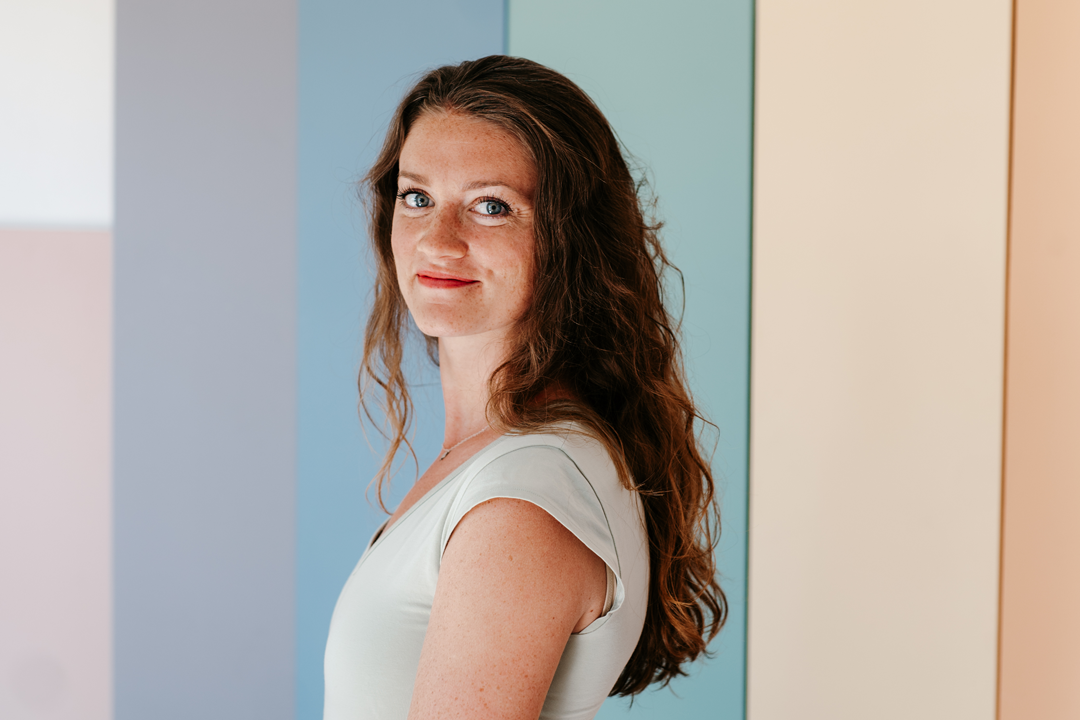
CAITLIN MOTHES
Q: What’s your occupation? Explain your career, your accomplishments and professional highlights.
A: I am a geospatial data scientist currently working with the Geospatial Centroid, a center for geospatial technologies at CSU. In this role I lead a wide range of projects that involve mapping, spatial analysis and web development. I also teach undergraduate and graduate level classes at CSU revolving around environmental data science and statistics. Some professional highlights include receiving my Ph.D. in conservation biology, being awarded a NASA grant to carry out equity and environmental justice research (and presenting this work at Google) and traveling to Kenya for a workshop regarding an afforestation decision support tool I helped develop.
Q: Tell us about yourself, your history and how you came to be where you are now.
Age: 29
Occupation: Geospatial data scientist with the CSU Geospatial Centroid
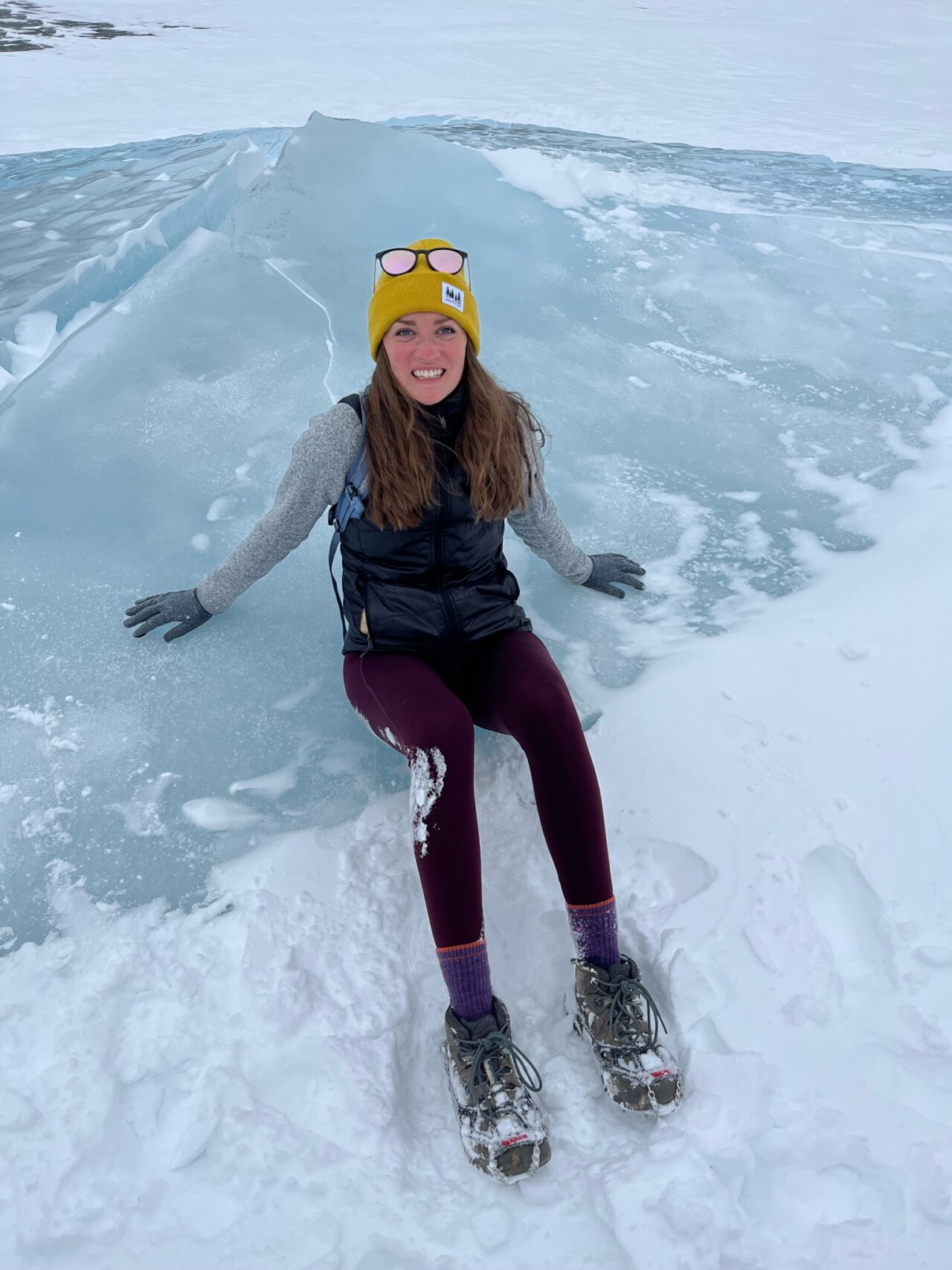
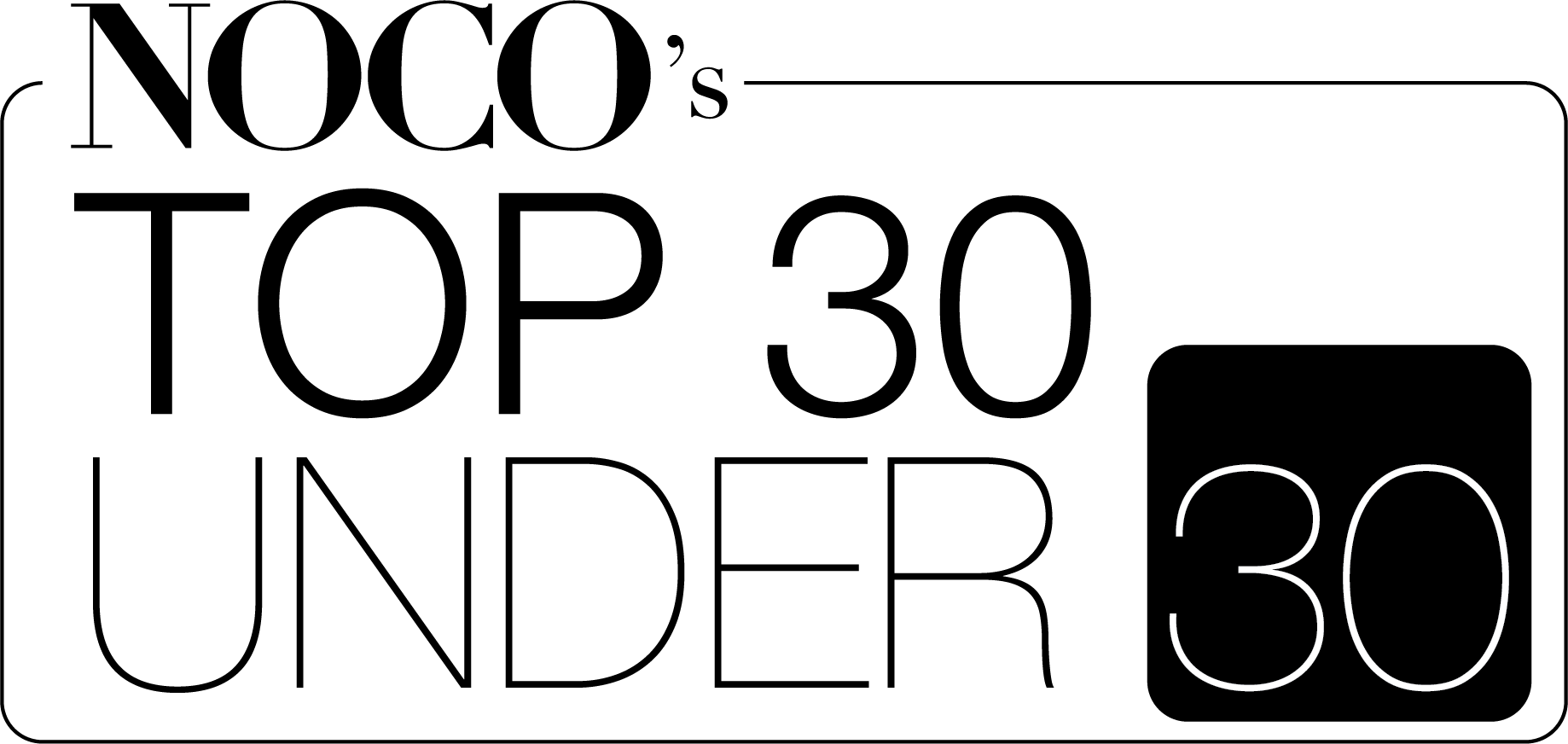
A: I grew up in Minnesota in a suburb outside the Twin Cities, then moved to North Carolina where I double majored in zoology and conservation biology at North Carolina State University. After graduation, I was accepted into a Ph.D. program at the University of Miami, where I spent five years conducting biodiversity conservation research through various habitat and connectivity modeling projects. During that time, I also published studies regarding imperiled species policy in the U.S. and conducted genomic research on invasive species. My work specialized in spatial analysis and data science, along with education, which led me to my job at CSU.
Q: Tell us something unique about you.
A: I started my career as a field ecologist specializing in lizard species. I spent much of my Ph.D. work carrying out field studies for amphibian and reptile species at sites in Canada, a cattle ranch in central Florida, the Everglades and urban areas within Miami-Dade County. My work mostly focused on invasive lizard species in Florida.
Q: What do you consider your biggest accomplishment, either professionally or personally?
A: Getting my Ph.D. Anyone who has been through the process knows how grueling it is. There were many ups and downs and numerous times I nearly quit, so I am proud of myself for sticking it out.
Q: Where do you see yourself in five years? In 10 years?
A: Colorado is my favorite place I’ve lived so far, so I can see myself sticking around for a while. However, I normally don’t like to stay put for too long, so I will likely keep traveling quite a bit. I also plan to continue working in my field, using data science and geospatial analysis to solve important environmental and social issues on local and global scales. I’ll probably adopt a second dog as well.
Q: What piece(s) of advice would you give to your younger self?
A: Keep being resilient. I admire my younger self for taking chances in life and moving to new places where I didn’t know a single person to pursue my dreams. Even though there were many rough times, I would tell her to keep pushing her boundaries and challenging herself because it’ll be well worth it.
Q: Why is conservation important to you?
A: I want to make a difference in the world the best I can, and biodiversity conservation was a passion of mine at an early age (I’ve always been a major animal lover). Conservation is an issue I care about deeply, as it’s vital to preserve the environment for future generations (for both human and ecosystem benefit). Humans are altering the planet in an unsustainable way, and I am driven to do work that can help tackle these negative effects.
Q: How has taking chances helped you in your personal life and in your career?
A: I strongly believe in getting out of your comfort zone and embracing new experiences, and the biggest way that has helped me is by presenting many opportunities I likely would not have otherwise. Taking chances has helped me figure out what I really want in life and I’m very happy with where I’ve gotten myself so far.

